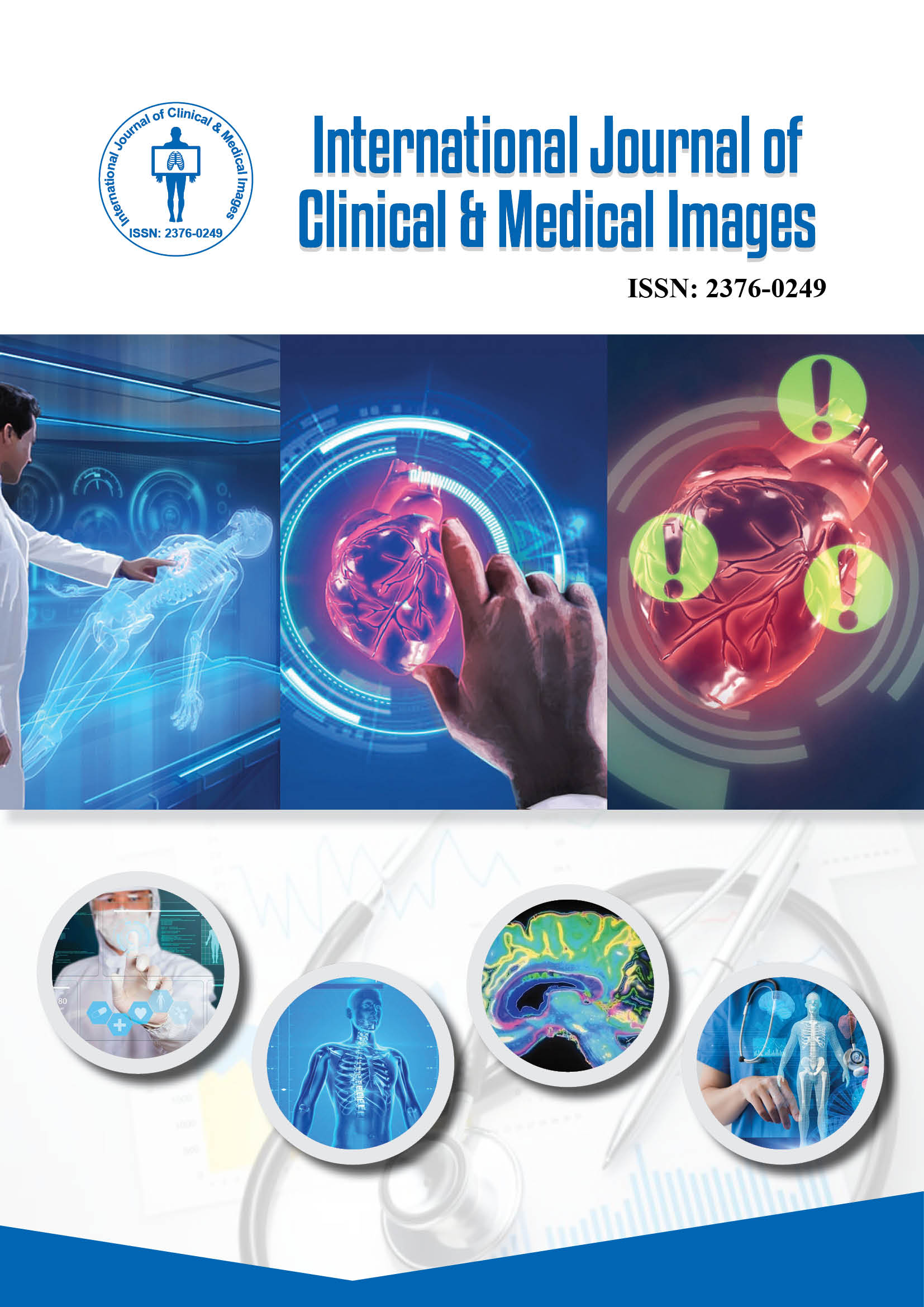2376-0249
Editorial - International Journal of Clinical & Medical Images (2024) Volume 11, Issue 8
Author(s): Katarina Petrova*
Department of Stem Cell Research, University of Franche-Comté, Paris, France
Received: 01 August, 2024, Manuscript No. ijcmi-24-151600; Editor assigned: 03 August, 2024, Pre QC No. P-151600; Reviewed: 17 August, 2024, QC No. Q-151600; Revised: 22 August, 2024, Manuscript No. R-151600; Published: 30 August, 2024, DOI: 10.4172/ 2376-0249.1000975
Citation: Petrova K. (2024) Revolutionizing Healthcare: The Future of Organ Transplantation and Innovations in Immunology. Int J Clin Med Imaging 11: 975.
Copyright: © 2024 Petrova K. This is an open-access article distributed under the terms of the Creative Commons Attribution License, which permits unrestricted use, distribution and reproduction in any medium, provided the original author and source are credited.
Recent advancements in immunology and biotechnology have significantly transformed organ transplantation, as illustrated by the case of a 52-year-old male patient with end-stage kidney disease. This patient faced long wait times for a suitable donor organ and had a high risk of transplant rejection due to a sensitized immune system that produced antibodies against potential donors. To overcome these challenges, a multidisciplinary team implemented innovative desensitization protocols, including plasmapheresis and Intravenous Immunoglobulin (IVIG) therapy. These methods effectively lowered the patient’s antibody levels, making him eligible for transplantation. After successful desensitization, the team identified a compatible living donor, culminating in a highly anticipated transplant [1].
Post-operative care involved advanced immunosuppressive therapies tailored to minimize rejection while preserving the patient’s immune function. The use of novel agents like belatacept, which selectively inhibits T-cell activation, allowed for a personalized immunosuppression regimen. Furthermore, advanced monitoring techniques, including regular biomarker assessments and non-invasive imaging, enabled the healthcare team to closely track the patient’s renal function and immune response [2].
In the months following the transplant, the patient demonstrated excellent graft function with minimal side effects from the immunosuppressive therapy. Regular follow-ups indicated stable kidney function and a marked improvement in the patient’s quality of life, highlighting the success of the integrated treatment approach. This case exemplifies how innovations in immunology and personalized medicine are revolutionizing organ transplantation. By improving donor compatibility and refining immunosuppressive strategies, healthcare professionals are enhancing transplant success rates and paving the way for better long-term outcomes. Ongoing research and application of these innovative therapies suggest a promising future for organ transplant patients, addressing organ shortages and improving overall healthcare efficacy.
Organ transplantation; T-cell activation; Immunosuppressive therapy
None.
None.
[1] Ramalhete L, Almeida P, Ferreira R and Abade O, Teixeira C, et al (2024). Revolutionizing Kidney Transplantation: Connecting Machine Learning and Artificial Intelligence with Next-Generation Healthcare—From Algorithms to Allografts. Biomed Inform 4(1): 673-689.
Google Scholar, Crossref, Indexed at
[2] Yousaf T, Aleena A, Tamar T and Anika N. N, Danyal B, et al (2023). Revolutionizing Heart Transplantation: A Multidisciplinary Approach to Xenotransplantation, Immunosuppression, Regenerative Medicine, Artificial Intelligence, and Economic Sustainability. Cureus 15 (9).
 Awards Nomination
Awards Nomination

